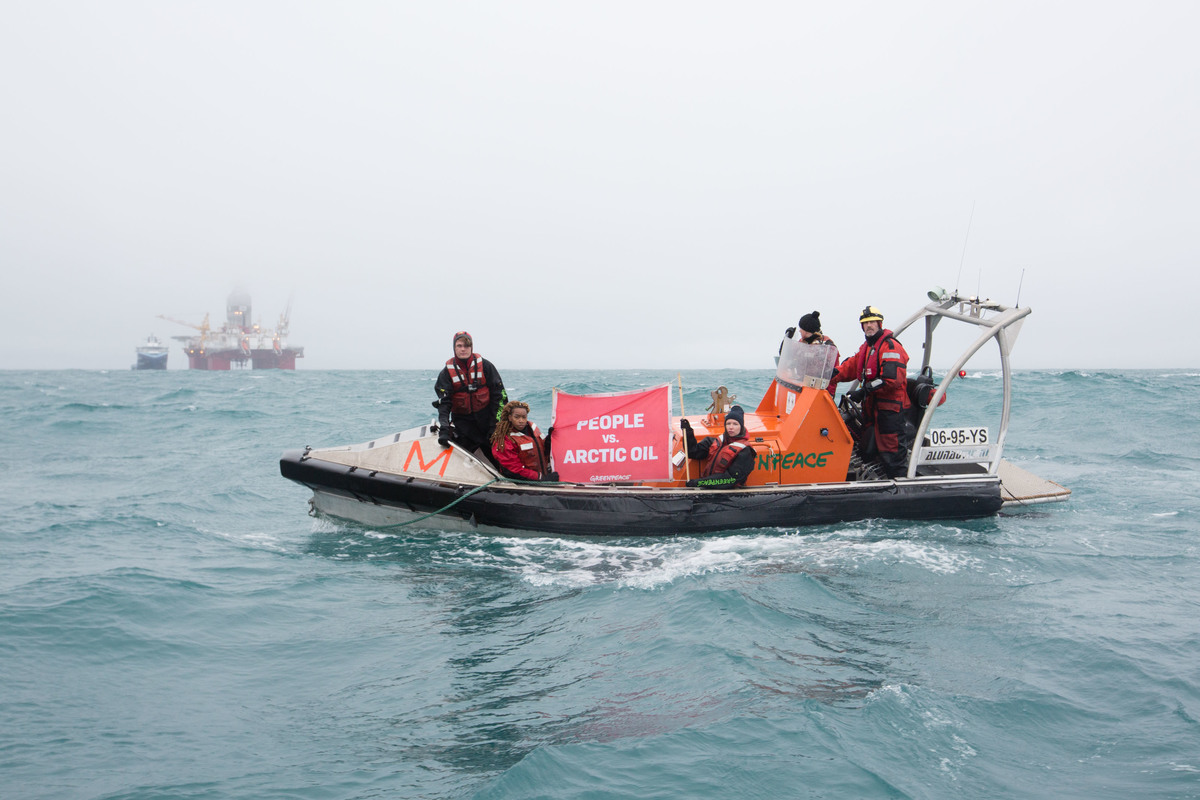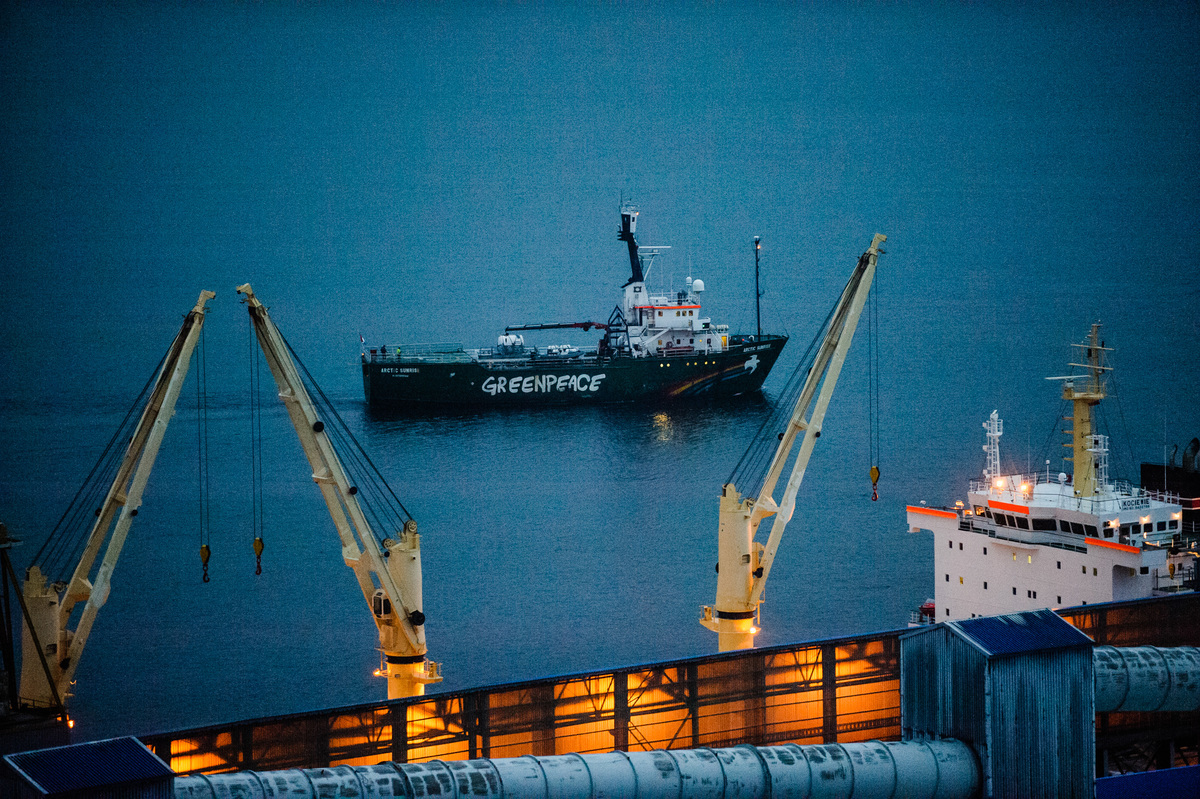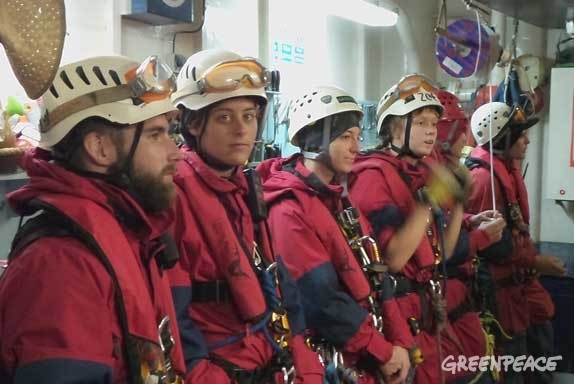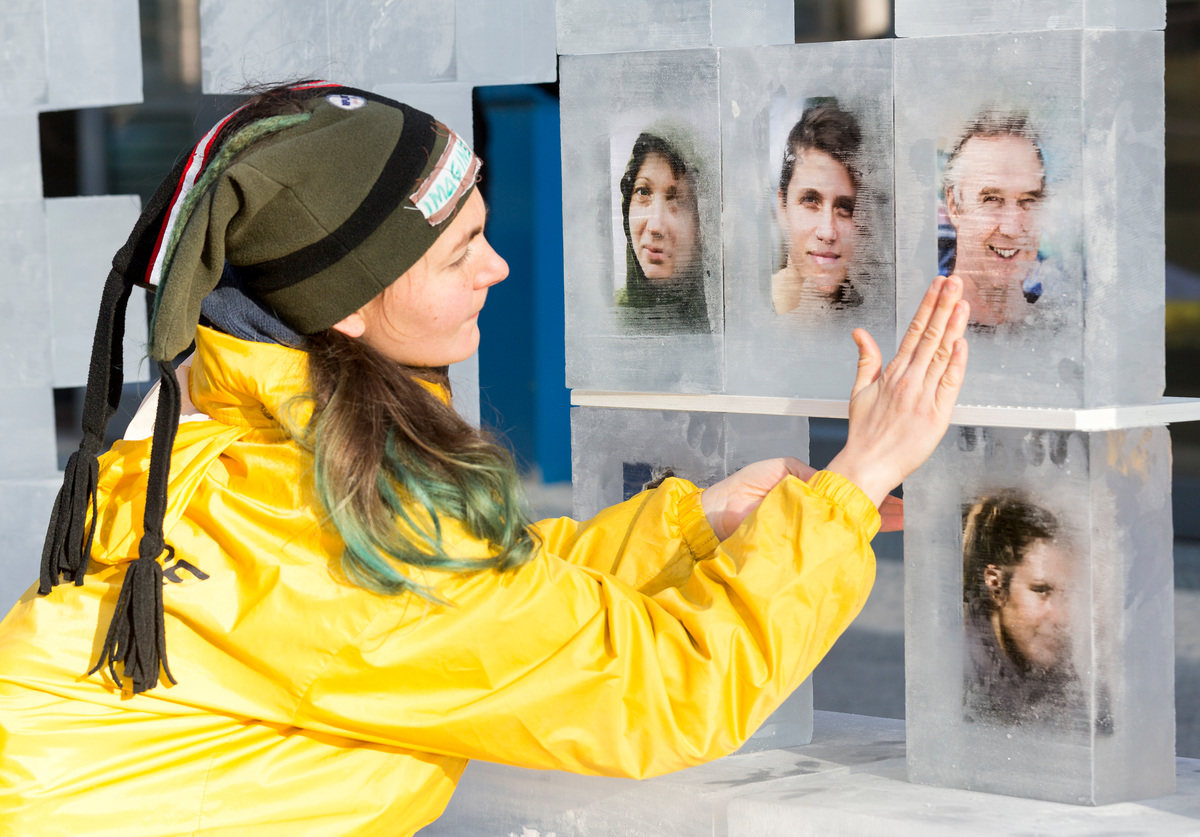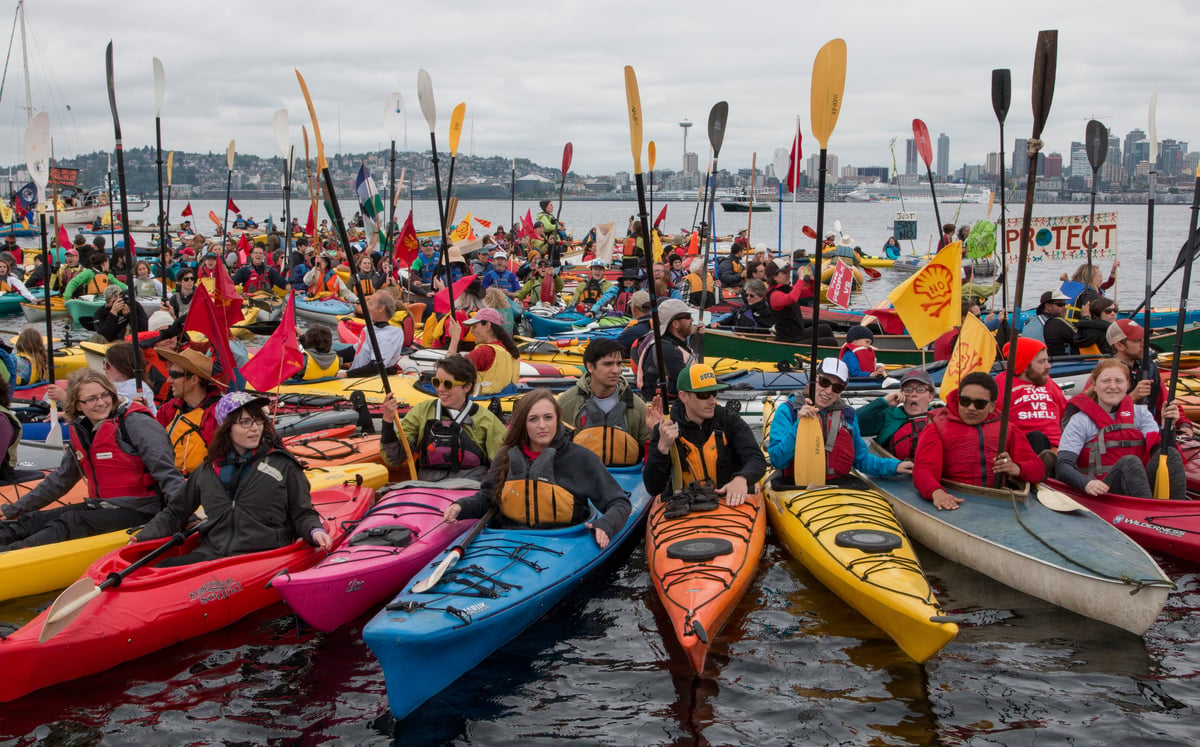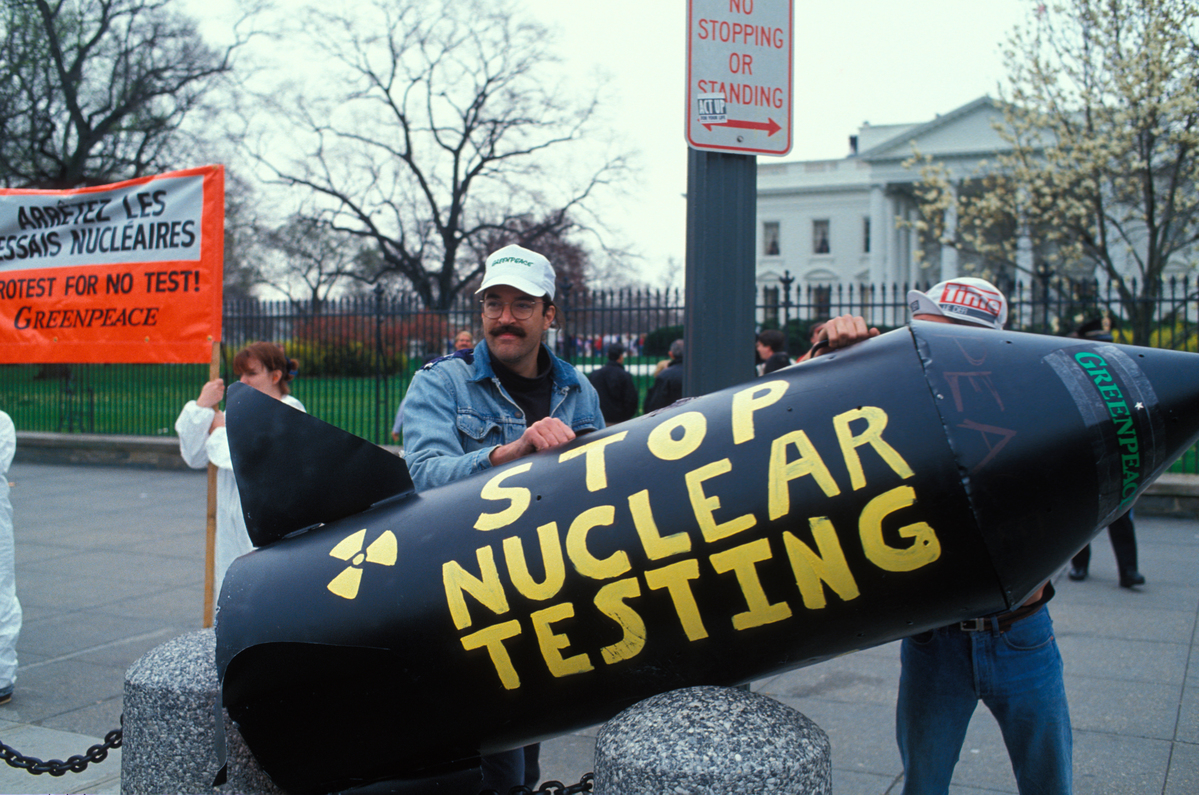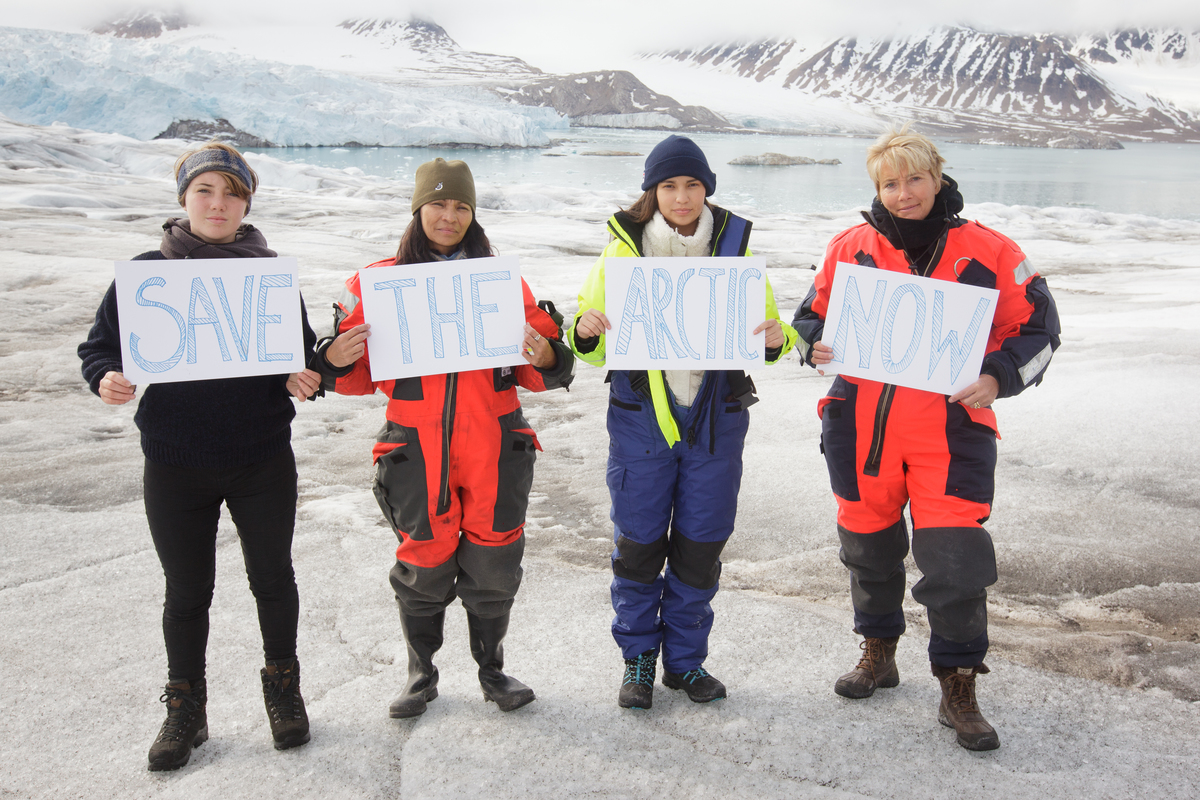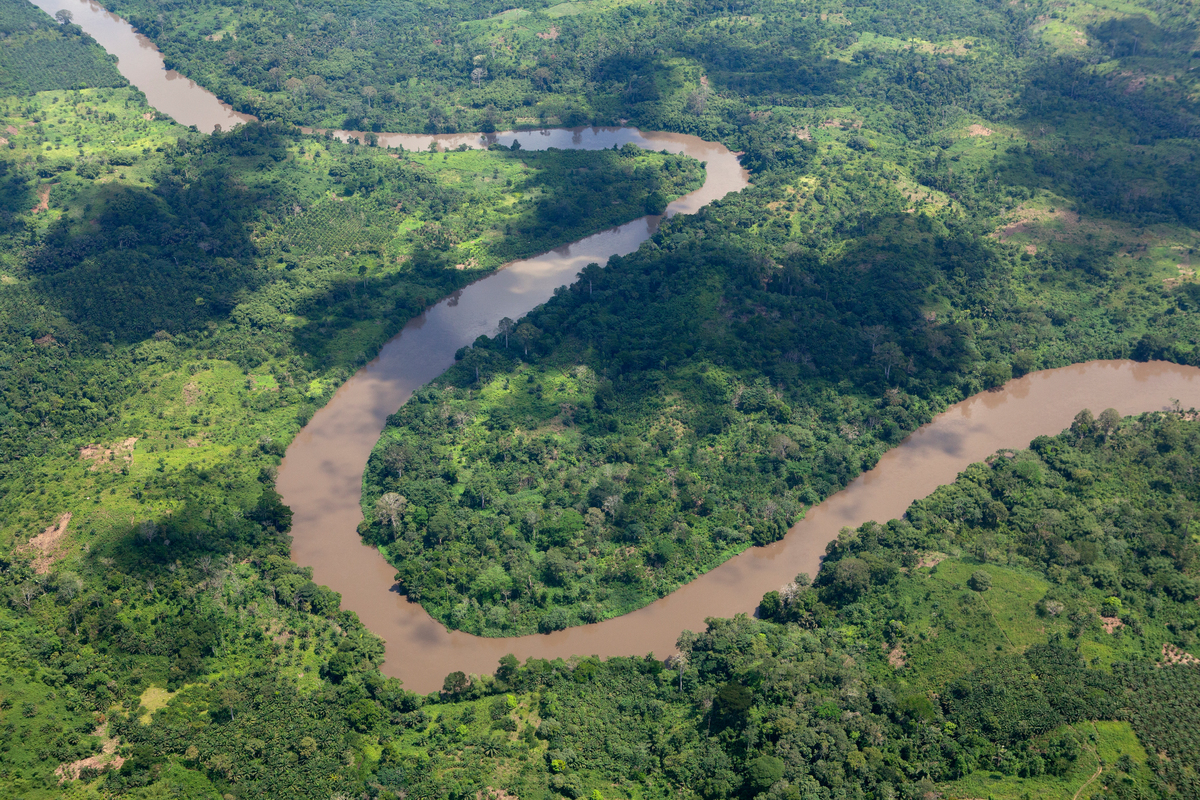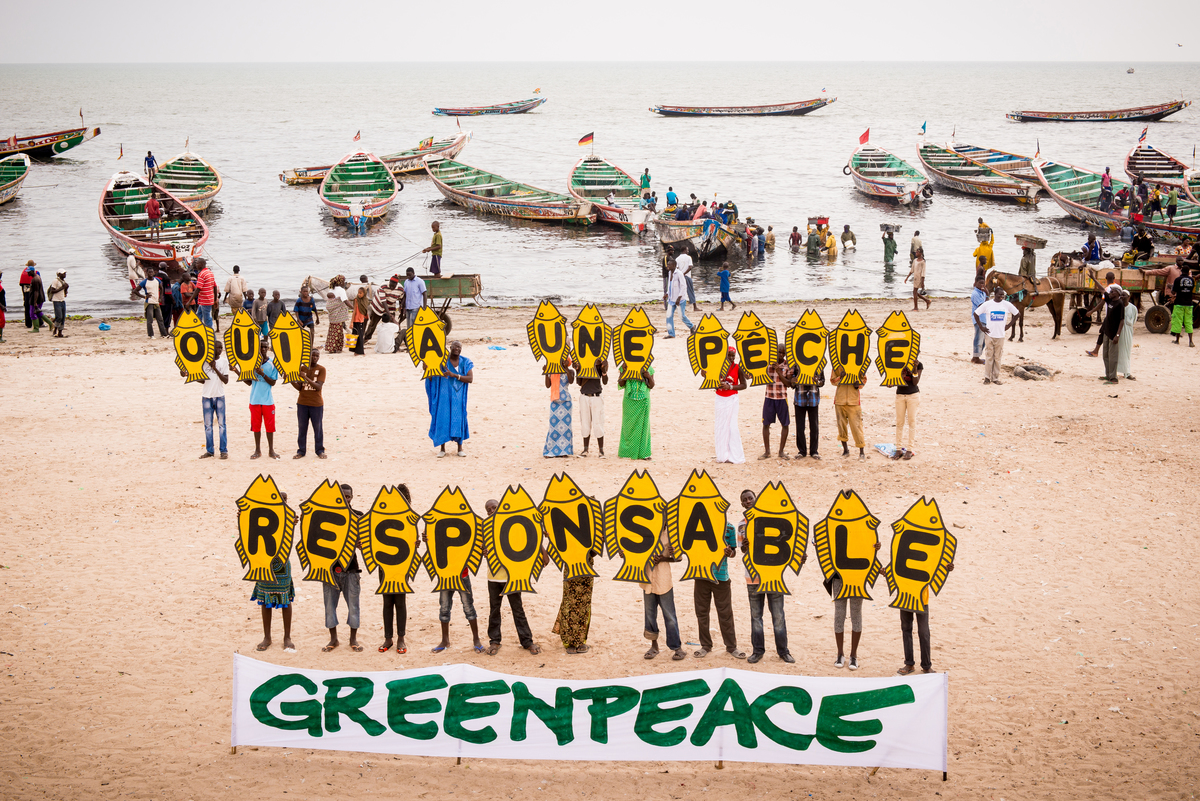-
Greenpeace ship Arctic Sunrise welcomed home by Arctic 30
Amsterdam, 9 August 2014 - The Greenpeace icebreaker Arctic Sunrise today sailed back into Dutch territorial waters after over 300 days in Russian custody. The ship had been held illegally since taking part in a peaceful direct action against state owned oil company Gazprom, as it tried to drill the world’s first oil well in…
-
Ice loss, the beauty of the Arctic and the threat of fishing fleets
Together we kicked out Shell; seven million people across the world stopped Shell’s expansion into the Arctic in 2015. Later in the year nations came together in Paris and signed a historical agreement for the climate. These events are clear signs that the world is entering a new era where fossil fuels made extinct, making…
-
Nuclear testing is not a path to security and peace
Today marks the International Day against Nuclear Tests. Since 1945, more than 2000 nuclear tests have been carried out at more than 60 locations around the globe. Nuclear weapons were designed and tested to be the ultimate doomsday weapon, setting a legacy of fear and destruction. No other human invention had as much impact on the…
-
Why FSC’s move to protect Intact Forest Landscapes is key for the Congo Basin
In September 2014, Forest Stewardship Council (FSC) members voted with an overwhelming majority at their General Assembly to protect "the vast majority" of Intact Forest Landscapes (IFLs) in and around FSC certified forest management areas.

